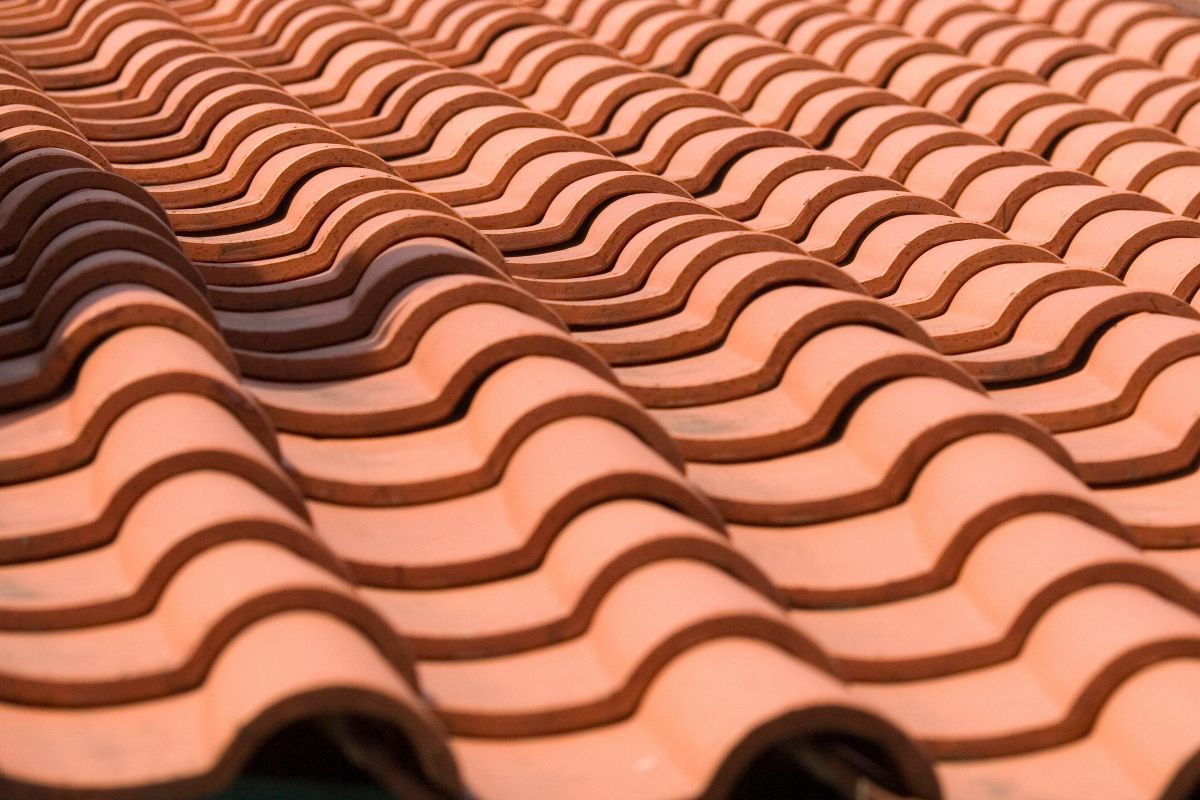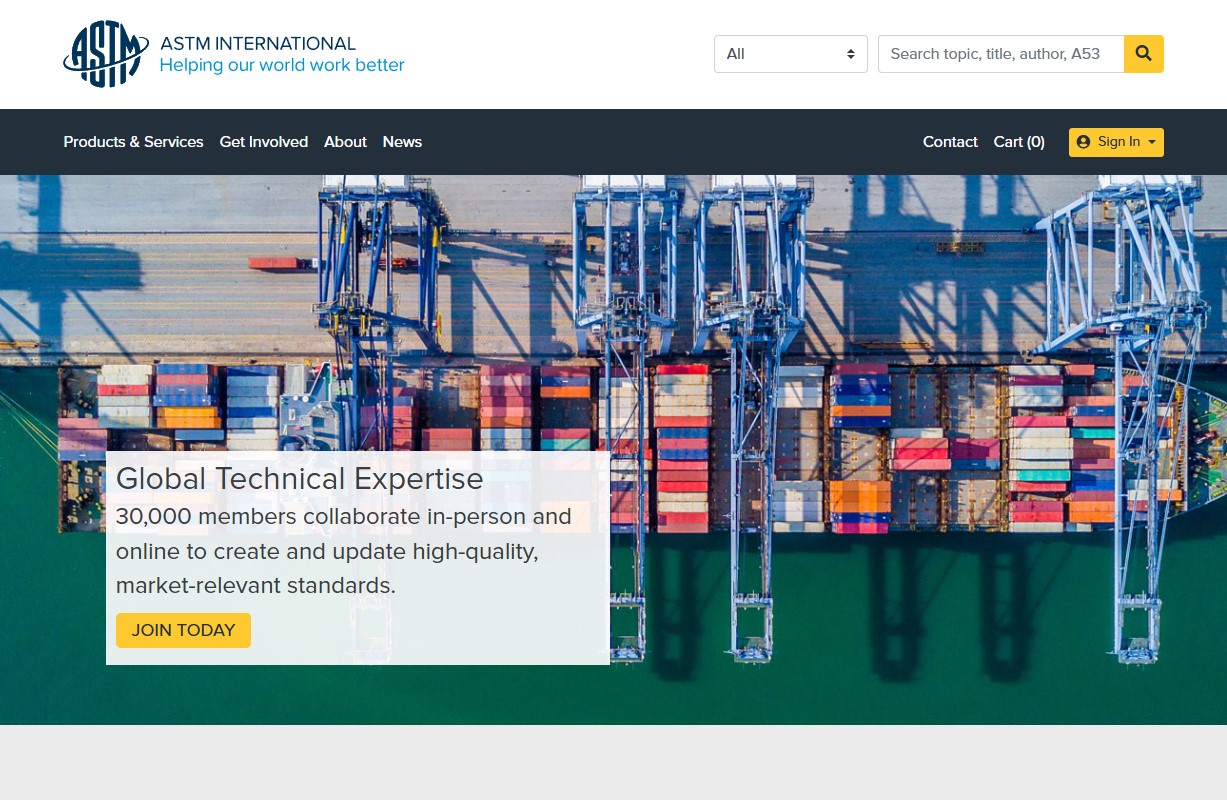For homeowners and businesses in Newton, Alabama, the roof is a critical defense against the elements. It protects your investment, ensures comfort, and contributes significantly to the overall structural integrity of your property. Therefore, when it comes to roofing, quality should never be compromised. One key aspect of ensuring this quality is understanding and prioritizing certified roofing materials that adhere to stringent ASTM testing standards.
But what exactly are certified roofing materials, and why are ASTM standards so vital? In this blog post, we will delve into the crucial role of certified materials and ASTM testing in the roofing industry, explaining why they are essential for a durable, reliable, and long-lasting roof.
What are Certified Roofing Materials?
In essence, certified roofing materials are products that have undergone rigorous testing and have been verified by independent third-party organizations to meet specific performance criteria and industry standards. This “certification” acts as a stamp of approval, assuring consumers and roofing professionals that the material has been evaluated for key characteristics such as durability, fire resistance, wind resistance, and longevity.
What are ASTM Standards?
ASTM is a globally recognized leader in developing voluntary consensus standards. It’s a non-profit organization that provides a forum for producers, users, consumers, government, and academia to come together and develop standards for a wide range of materials, products, systems, and services – including roofing.
ASTM standards are essentially documented agreements that contain technical specifications and precise criteria designed to ensure that materials and products consistently meet defined levels of quality, safety, efficiency, and reliability. In the roofing context, ASTM develops hundreds of standards that cover everything from asphalt shingles and metal roofing to roof underlayment and roof coatings.
Key ASTM Standards Relevant to Roofing Materials
While ASTM develops hundreds of standards, some are particularly relevant to roofing materials. Here are a few examples, showcasing the breadth of ASTM’s influence:
ASTM D7158 – Standard Specification for Performance of Asphalt Shingles for Wind Resistance
This standard is crucial for areas prone to high winds, like parts of Alabama. It outlines performance requirements and testing methods to evaluate the wind resistance of asphalt shingles. Meeting this standard ensures shingles can withstand specified wind speeds without blow-off, protecting the roof deck and underlying structure.
ASTM D3462 – Standard Specification for Asphalt Shingles Made From Glass Felt and Surfaced With Mineral Granules
This is a foundational standard for asphalt shingles, specifying requirements for dimensions, mass, tear strength, and other physical properties. Compliance with ASTM D3462 indicates a basic level of quality and durability for common asphalt shingles.
ASTM E108 – Standard Test Methods for Fire Tests of Roof Coverings
ASTM E108 outlines test methods for evaluating the fire characteristics of roof coverings, classifying them based on their resistance to flame spread and fire penetration. This standard is critical for selecting roofing materials that can help protect buildings from fire hazards.

ASTM D226 – Standard Specification for Asphalt-Saturated Organic Felt Used in Roofing and Waterproofing
While felt underlayment is becoming less common with synthetic options, ASTM D226 remains relevant for specifying the quality of asphalt-saturated felt, covering properties like tensile strength and water absorption.
ASTM D4869 – Standard Specification for Asphalt-Saturated Organic Felt Underlayment Used in Steep-Slope Roofing
Similar to D226, but specifically for steep-slope applications, ASTM D4869 sets standards for felt underlayment performance in these demanding roofing scenarios.
These are just a few examples. ASTM has standards for virtually every type of roofing material, from metal panels (ASTM A653/A653M for steel sheet) to concrete and clay tiles (ASTM C1167 for clay roof tiles) and beyond. Roofing contractors and informed homeowners rely on these standards to guide material selection and ensure quality installations.
Partnering with a Roofing Contractor Who Understands Certified Materials
Choosing the right roofing materials is only half the equation. Proper installation by a qualified roofing contractor is equally crucial to ensure that the materials perform as intended and the roof system functions optimally. When selecting a roofing contractor in Newton, Alabama, inquire about their experience with certified roofing materials and their understanding of ASTM standards.
South Alabama Construction is committed to using high-quality, certified roofing materials that meet or exceed industry standards. We understand the importance of ASTM testing and prioritize materials that offer proven performance and durability. When you choose us for your roofing needs in Newton, Alabama, you can be confident that you are getting a roof built to last, using materials you can trust.
Contact us today for a consultation!

